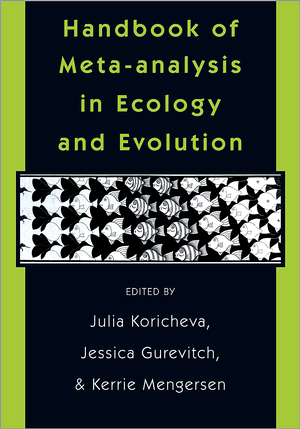Research output per year
Research output per year
Professor
TW20 0EX
Overview of current research
My research focuses on three main topics:
1. Relationship between forest diversity and ecosystem functioning
This work is conducted at the Satakunta forest diversity experiments established by my research team in SW Finland in 1999-2000. These long-term experiments manipulate tree species richness and intraspecific genetic diversity. They are part of the global network of tree diversity experiments TreeDivNet and, to our knowledge, are the only existing forest diversity experiments in boreal forest zone established specifically for studying the link between forest diversity and ecosystem functioning and exploring the effects of both inter- and intraspecific diversity. The research in the Satakunta experiments focuses on unravelling the effects of forest diversity on various above- and belowground processes including tree growth and survival, light absorption and light use efficiency, insect and mammalian herbivory, arthropod and avian predation, litter decomposition, and soil microbial processes. Research at Satakunta has been funded by EU (Baccara and FunDivEurope projects), NERC, Academy of Finland, and Kone Foundation.
2. Ecology and evolution of plant-herbivore interactions
I am interested in mechanisms of plant resistance to insect and mammalian herbivores, including physical, chemical and biotic defences, as well as associational resistance, which occurs when focal plants suffer less herbivory in mixed species stands as compared to plant monocultures. For instance, recent work in my lab has unravelled complex interactions between winter browsing by moose on birch and tree species diversity effects on tree growth and insect herbivory the following summer.
3. Methods and applications of meta-analysis and research synthesis in ecology
 Meta-analysis is a set of statistical procedures designed to combine results across independent studies that address a related set of research questions. It has been originally developed in medicine and social sciences and allows powerful quantitative analyses of the magnitude of effects and has a high degree of objectivity because it is based on a standardized set of statistical procedures.
Meta-analysis is a set of statistical procedures designed to combine results across independent studies that address a related set of research questions. It has been originally developed in medicine and social sciences and allows powerful quantitative analyses of the magnitude of effects and has a high degree of objectivity because it is based on a standardized set of statistical procedures.
I have used the method of meta-analysis to review the results of studies testing the predictions of general plant-herbivore theories as well as to compare the effectiveness of different conservation and management approaches. I have also contributed to the development of the methods for detection of publication bias and temporal changes in effect sizes over time. I am regularly teaching postgraduate courses on uses of meta-analysis in ecology both in the UK and abroad.
Together with Prof. Jessica Gurevitch and Prof. Kerrie Mengersen I have co-edited the first handbook of meta-analysis in ecology and evolution (Princeton University Press, 2013).
Our recent review of uses of meta-analysis in plant ecology revealed a number of methodological and reporting flaws and led to development of a checklist of quality criteria for meta-analysis for use by research synthesists, peer reviewers and journal editors.
In 2015, UN member states agreed to 17 global Sustainable Development Goals (SDGs) to end poverty, protect the planet and ensure prosperity for all. This person’s work contributes towards the following SDG(s):
Research output: Contribution to journal › Article › peer-review
Research output: Contribution to journal › Article › peer-review
Research output: Contribution to journal › Article › peer-review
Research output: Contribution to journal › Article › peer-review
Research output: Contribution to journal › Article › peer-review
Natural Envt Research Council (NERC)
1/07/15 → 30/09/15
Project: Research
Natural Envt Research Council (NERC)
1/01/15 → 31/03/15
Project: Research
Julia Koricheva (Member of editorial board)
Activity: Publication peer-review and editorial work › Editor of research journal
Julia Koricheva (Participant)
Activity: Membership › Membership of peer review panel or committee
Julia Koricheva (Member of editorial board)
Activity: Publication peer-review and editorial work › Editor of research journal
Julia Koricheva (Member of editorial board)
Activity: Publication peer-review and editorial work › Editor of research journal
Julia Koricheva (Member of editorial board)
Activity: Publication peer-review and editorial work › Editor of research journal